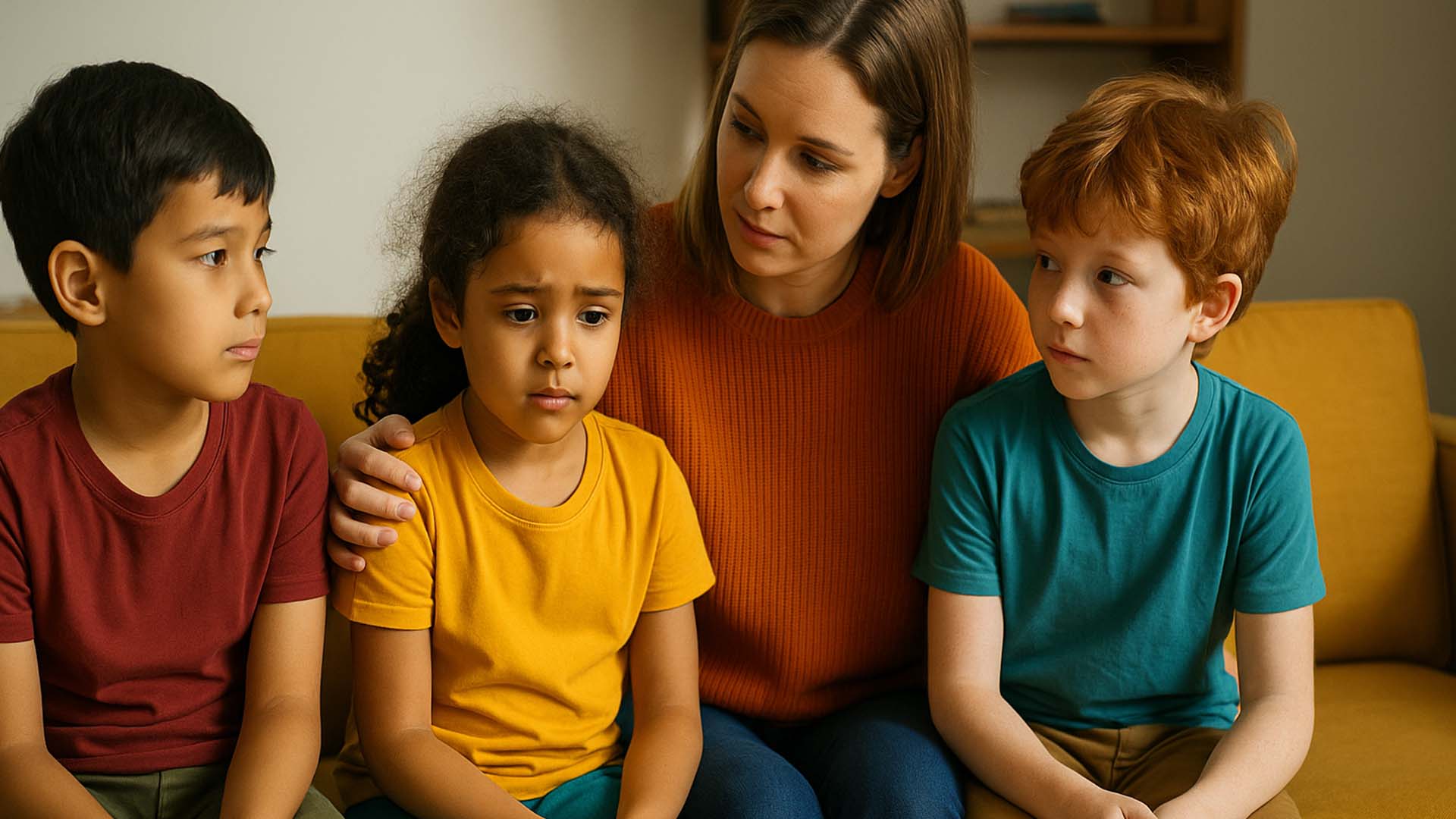In an increasingly complex world, the mental well-being of children is more crucial than ever. Just as we prioritize their physical health, nurturing their emotional and psychological development is fundamental for their overall growth and future success. This article delves into the importance of children’s mental health, common challenges they face, and practical strategies parents and caregivers can employ to foster resilience and emotional well-being in young minds.
Why Children’s Mental Health Matters
Children’s mental health is not merely the absence of mental illness; it encompasses their emotional, psychological, and social well-being. It influences how they think, feel, and behave. Good mental health in childhood allows children to:
- Develop healthy relationships: They learn to connect with others, empathize, and resolve conflicts constructively.
- Cope with stress and adversity: They build resilience to navigate life’s challenges and bounce back from setbacks.
- Learn and thrive in school: Emotional well-being is directly linked to cognitive development and academic performance.
- Make positive contributions to their communities: Mentally healthy children are more likely to engage positively with the world around them.
Common Mental Health Challenges in Children
Children can experience a range of mental health challenges, some of the most common include:
- Anxiety Disorders: Characterized by excessive worry, fear, and nervousness, often manifesting as separation anxiety, social anxiety, or generalized anxiety.
- Depression: Persistent sadness, loss of interest in activities, changes in sleep or appetite, and feelings of worthlessness.
- Attention-Deficit/Hyperactivity Disorder (ADHD): Difficulties with attention, hyperactivity, and impulsivity that impact daily functioning.
- Trauma-Related Disorders: Resulting from exposure to traumatic events, leading to symptoms like flashbacks, nightmares, and emotional dysregulation.
- Behavioral Disorders: Persistent patterns of defiant, aggressive, or disruptive behavior.
It’s important to remember that these are clinical diagnoses, and only a qualified professional can make them. However, recognizing the signs and seeking help early is crucial.
Strategies for Parents and Caregivers
Parents and caregivers play a vital role in supporting children’s mental health. Here are some effective strategies:
- Foster a Secure and Loving Environment: Provide consistent love, warmth, and a sense of safety. Children thrive in predictable and nurturing environments.
- Encourage Open Communication: Create a space where children feel comfortable expressing their feelings without judgment. Listen actively and validate their emotions.
- Teach Emotional Regulation Skills: Help children identify and name their emotions. Teach them healthy coping mechanisms like deep breathing, talking about their feelings, or engaging in calming activities.
- Promote Healthy Lifestyle Habits: Ensure adequate sleep, balanced nutrition, and regular physical activity. These are foundational for both physical and mental health.
- Limit Screen Time and Promote Digital Well-being: Encourage balanced technology use and teach responsible online habits. Protect children from harmful online content.
- Build Resilience: Allow children to face age-appropriate challenges and learn from mistakes. Celebrate their efforts and progress, not just outcomes.
- Seek Professional Help When Needed: If you notice persistent changes in your child’s behavior, mood, or academic performance, don’t hesitate to consult a pediatrician, school counselor, or mental health professional. Early intervention can make a significant difference.
Q&A: Supporting Children’s Mental Health – Your Questions Answered
Q1: How can I tell if my child is just moody or if it’s something more serious?
A1: While moodiness is normal, look for persistent changes in behavior, mood, sleep patterns, appetite, or withdrawal from activities they once enjoyed. If these changes last for more than a few weeks, significantly impact their daily life, or cause you significant concern, it’s advisable to seek professional guidance.
Q2: What are some simple ways to help my child manage stress?
A2: Teach them simple relaxation techniques like deep breathing or mindfulness exercises. Encourage them to talk about what’s bothering them. Ensure they have enough playtime and opportunities for physical activity. Model healthy coping strategies yourself.
Q3: How can schools support children’s mental health?
A3: Schools can implement social-emotional learning (SEL) programs, provide access to school counselors and psychologists, create a positive and inclusive school climate, and offer mental health education to students and staff. Collaboration between schools and families is also crucial.
Q4: Is it okay to talk about mental health with my child?
A4: Absolutely! Open and honest conversations about mental health can reduce stigma and encourage children to seek help if they need it. Use age-appropriate language, normalize feelings, and emphasize that it’s okay not to be okay.
Sources
[1] Centers for Disease Control and Prevention. (2023). Children’s Mental Health. https://www.cdc.gov/childrensmentalhealth/index.html
[2] American Academy of Pediatrics. (2021). Promoting Mental Health in Children and Adolescents. https://www.healthychildren.org/English/healthy-living/emotional-wellness/Pages/default.aspx
[3] National Institute of Mental Health. (2022). Child and Adolescent Mental Health. https://www.nimh.nih.gov/health/topics/child-and-adolescent-mental-health








0 Comments